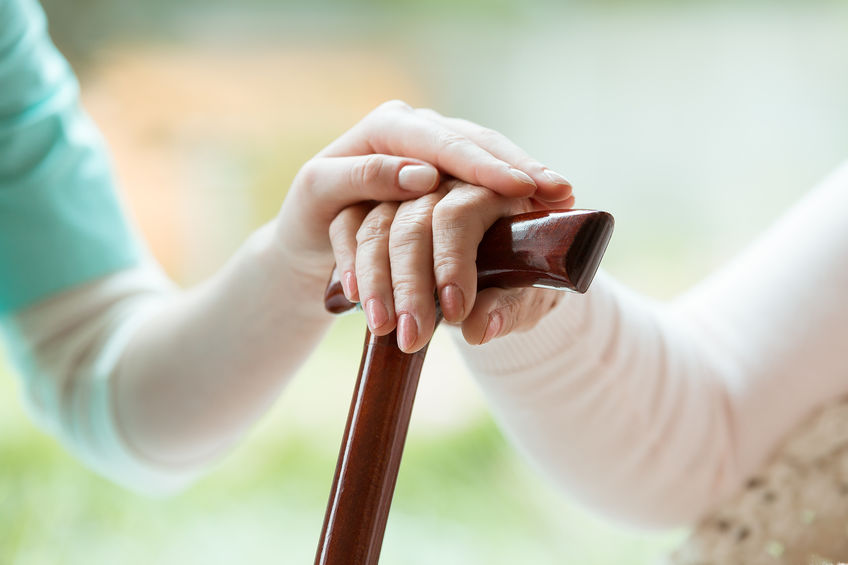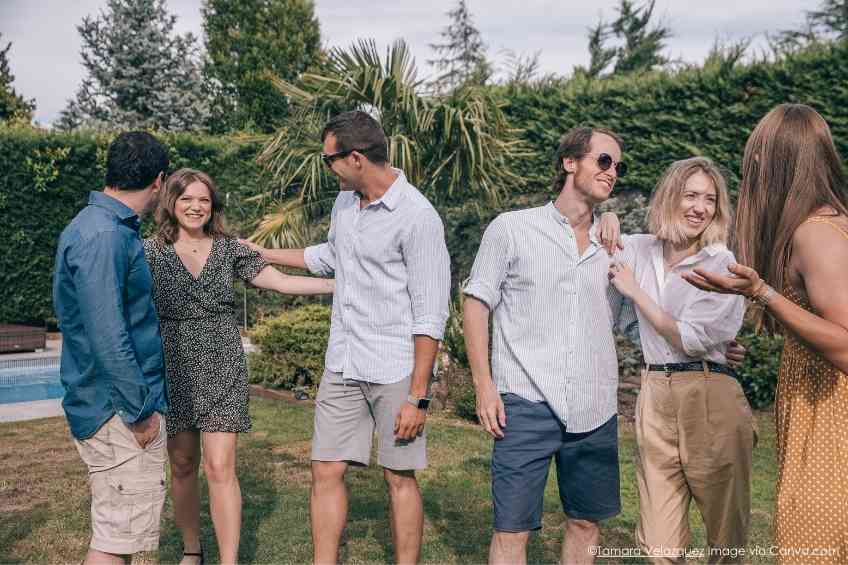Losing someone close is terribly difficult, especially if they were suffering for some time with their ailment. But the impact can also be pretty hard for caregivers, the ones who take care of those who can’t take of themselves. And what if that carer is, as is often the case, a close family member or partner? Sara Challice, author of Who Cares? How To Care For Yourself Whilst Caring For A Loved One, is unfortunately an expert on this awful experience and its unique challenges. She recently spoke with WellWell on the physical and emotional test caregivers face.
Caring for your late husband, Neal, for 13 years was the inspiration behind Who Cares, what was that experience like?
Our story started as a simple one. I met Neal at work, I was a graphic designer and he was our team’s print supplier. After six weeks of us dating, he fell ill with a large malignant brain tumor. It was shock because he was healthy and fit with the body of a rugby player. I promised him I’d be there for him and after six months of chemotherapy and operations, he was given the all clear. It was such a relief and about a year later on Christmas morning, he proposed to me.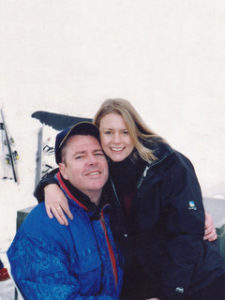
But life had other plans, right?
Yeah. Maybe a month later, we discovered the cancer was back. He went through five more years of chemo, eventually leading him to needing a wheelchair to get around. At this point, I had given up my graphic design career to care for him full time. The situation continued to deteriorate, four brain tumors and a stroke. I had to suppress a lot of emotions for a long time.
Is that the biggest issue caregivers face?
It’s certainly one of them. Caregivers have to be a pillar of strength mentally, emotionally and physically because you’ve got to be a physical and mental rock for them. They need your full support and you feel selfish to focus on taking care of yourself. For years I ignored my own health and wellbeing.
When did you realize the extent to which you were ignoring your own health?
I got this horrendous chest infection. I ignored the signs and it got a lot worse than it should have. I had it for months then ended up with an infection in both ears. Eventually, our nurse insisted I take five days to myself to regain my strength and clarity and it was exactly what I needed. At this point I had been caregiving for ten years and it took a toll.
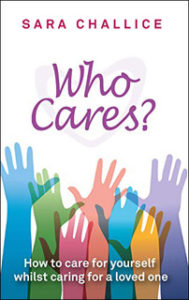 What did you realize during that time to yourself?
What did you realize during that time to yourself?
That I had been completely isolated for some time. From not only my friends but society in general. Caring for Neal was my entire life. I think this is something a lot of carers face.
What is the biggest hurdle for caregivers in taking a step back to work on themselves? Is it a perceived guilt of not taking care of their loved one?
Absolutely, guilt is a big one. You feel like taking any time off is turning your back on who you’re caring for. But it’s also a fear of judgement from others. For example, I definitely felt like if I were to take time off, family would judge me and think I was giving up or not giving my all in some way. Whether or not that was the truth, it’s how I felt so certainly guilt is a massive hurdle.
How can a caregiver go about checking in with themselves physically and emotionally while they’re still caring for a loved one?
That’s a great question and it’s tough to do but I think step one has to be clarity. Just taking some time to mentally reflect on what’s going on and how your’e feeling is crucial. You have to check in with yourself regularly. A trick I use is habitually journaling, it really helps.
What is something all caregivers need to hear but too often don’t?
I think overall caregivers aren’t celebrated or treated with the respect they deserve and that in turn guides their thoughts and feelings towards how they view and value themselves. I think that that has to change. There’s a chapter in my book titled, “You Are Amazing” and I think every caregiver needs to not only hear that but understand and believe it. Because caregivers are amazing. They are not only giving loved ones a better quality of life but they’re likely extending their lives. Based on the medical information and estimates we were given, Neal lived nearly 7 years longer than they believed he would. I truly believe my care and my love had a huge part in that.
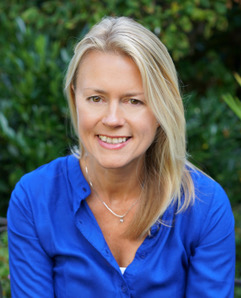 About Sara Challice
About Sara Challice
Sara Challice is a speaker and author of the book Who Cares? How To Care For Yourself Whilst Caring For A Loved One.
Learn More At
Facebook @wellbeing4carers
Twitter @SaraChallice
Instagram @sarachallice

